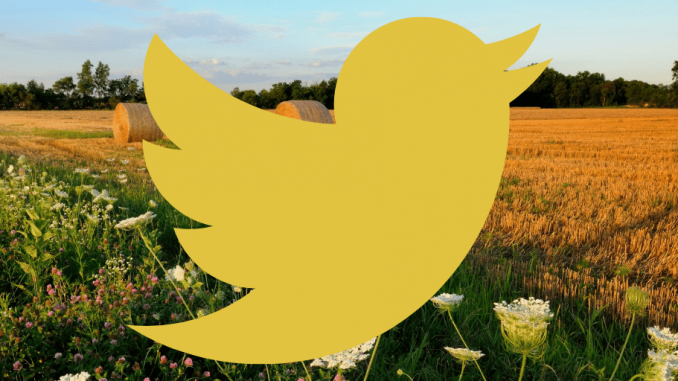
Tweets of the Week – 39/2021
Our weekly Twitter round up of great content from our kindred network: a Friday treat for your weekend reading pleasure. Enjoy what we’ve found for you on twitter. […]

Our weekly Twitter round up of great content from our kindred network: a Friday treat for your weekend reading pleasure. Enjoy what we’ve found for you on twitter. […]
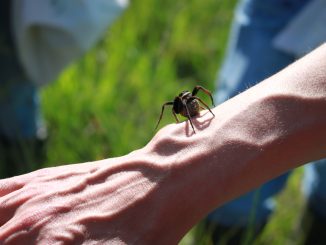
A new book – Rebugging the Planet – has just come out. Its author Vicki Hird tells us all about insects and other invertebrates, their role, what ails them, and how looking after the small creatures means looking after ourselves too. […]
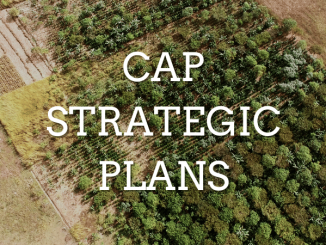
After more than 2 years of negotiations since June 2018, the three EU co-legislators found an agreement on the regulations for the future Common Agricultural Policy post-2022 (CAP). Much of the attention is now moving on the 27 Member States who will be in charge of implementing these regulations via the future National CAP Strategic Plans 2023-2027. […]
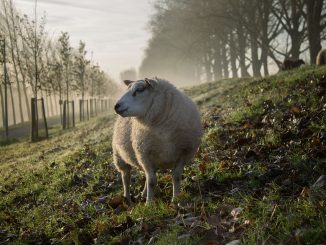
Agroforestry is positively highlighted in many adopted texts and directives from Brussels and is also mentioned in the framework of the CAP and proposed as a possible measure of the Eco-Schemes. Despite its undisputed benefits, it is still largely unknown. What’s more surprising is that the current process of CAP strategic plans seems to virtually overlook it – so is it all spin, no substance? Andrea Beste has more. […]
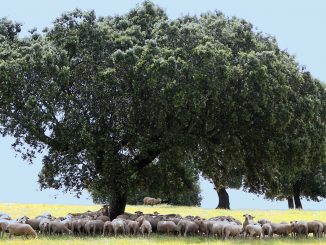
Despite the climate change mitigation emphasis on carbon sequestration, building soil carbon is first about food security, second about atmospheric carbon drawdown. By working with nature’s natural cycles to provide nutritious food with a low environmental footprint, Regenerative Agriculture will provide the transition from fossil-fuelled agro-chemistry to utilizing the farm’s natural resources, argues Stuart Meikle in the second part of this series. […]
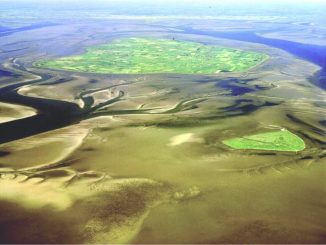
Inutile de vivre sur une île située au-dessous du niveau de la mer pour comprendre que le changement climatique et l’élévation du niveau des mers vont vous changer la vie. Toutefois, les conflits croissants entre ‘le statu quo’ et la nature menacée apparaissent plus nettement dans un petit endroit reculé comme Pellworm. Les relations conflictuelles entre l’homme et la nature y sont plus perceptibles ; les limites imposées aux ressources et aux entreprises, plus coûteuses. Dans cet extrait du livre, Hannes LORENZEN, président de l‘association ARC2020, raconte l‘histoire de son île natale, un territoire fort en résilience. […]

How does a rural community plan for the future when it is literally living below sea level? In this excerpt from the book “Rural Europe on the Move: A travel guide to transitions”, Hannes Lorenzen shares the story of his home island of Pellworm on Germany’s North Frisian coast, where the community has come together in the face of climate change, rising sea levels, and other threats to its survival. […]

Our weekly Twitter round up of great content from our kindred network: a Friday treat for your weekend reading pleasure. Enjoy what we’ve found for you on twitter. […]
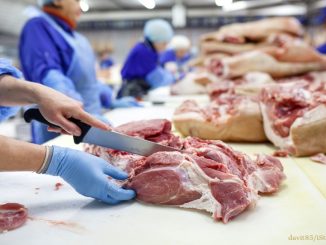
To mark the publication of the Meat Atlas 2021, we are republishing a selection of our favourite articles. In this one, Peter Birke brings attention to poor labour conditions in the global meat industry. The pandemic has put a spotlight on this issue, but it is by no means new. EU food trade unions call for a bloc-wide response. […]
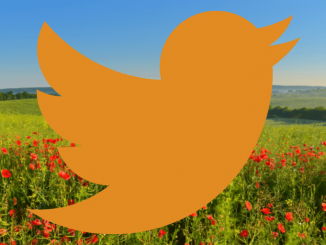
Our weekly Twitter round up of great content from our kindred network: a Friday treat for your weekend reading pleasure. Enjoy what we’ve found for you on twitter. […]
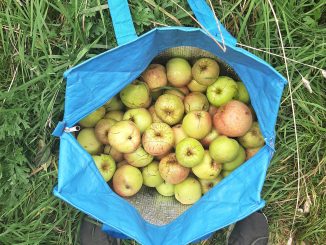
Here we publish a short extract on farm diversification from the recent Feeding Ourselves Policy Document. In this piece, Matteo Metta widens the focus of diversification, while also addressing some blind spots on data gaps and value adding. For more from Matteo and many others, download the full report in the article. […]
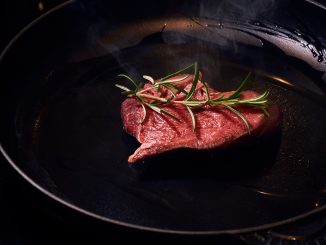
To mark the publication of the Meat Atlas 2021, we will republish a selection of our favourite articles. Here, Lisa Tostado introduces the Atlas, with a big picture take on changes in meat production and consumption in recent decades. The MEAT ATLAS 2021 is jointly published by Heinrich Böll Stiftung, Berlin, Germany Friends of the Earth Europe, Brussels, Belgium Bund für Umwelt und Naturschutz, Berlin, Germany. […]
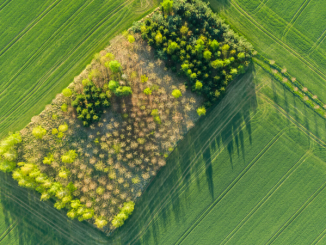
Few people realize how their food comfort zone is shrinking. Where we are now is the starting point for an ecologically and biologically-based agricultural revolution. And it starts with the soil. We must adopt an ecosystem approach to identify sustainable food systems that can exist within our planet’s boundaries, argues Stuart Meikle in the first of a four-part series. […]

Our weekly Twitter round up of great content from our kindred network: a Friday treat for your weekend reading pleasure. Enjoy what we’ve found for you on twitter. […]
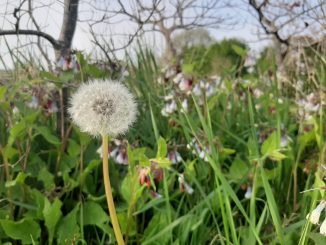
The European Court of Auditors (ECA) most recent relevant report on CAP and climate outlines a host of serious issues and a under performances by the policy, while also making some suggestions for big, achievable climate wins. However, we in ARC2020 were a little taken aback by how the paper treated organic farming – funded as it is under CAP – and its climate impact. […]
Agricultural and Rural Convention